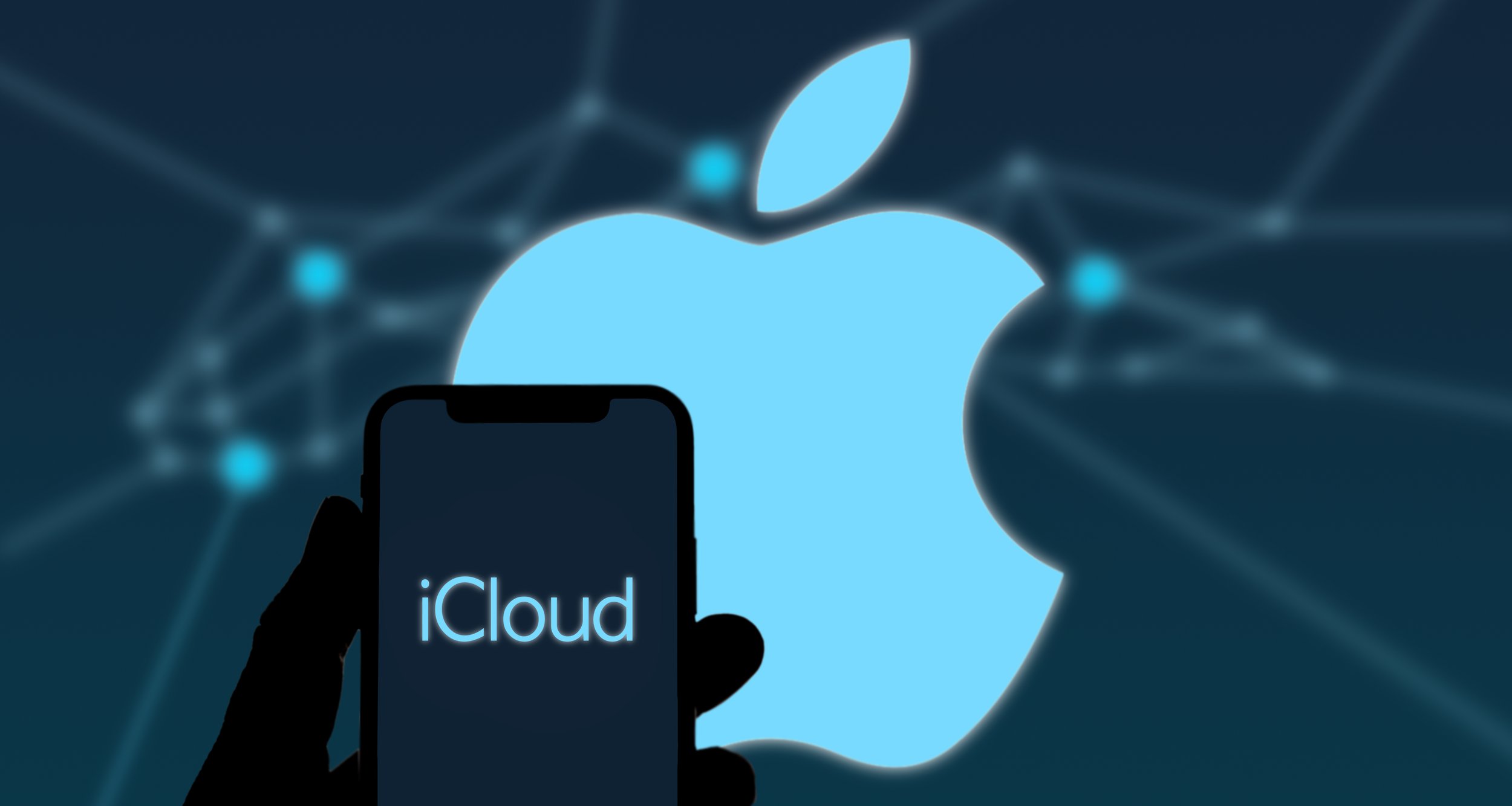Highlights from My Recent Interview on MacVoices: AI, Mac Products, and the Upcoming MacStock 8 Conference"
/Some highlights from my interview with Chuck Joiner from MacVoices about the Road to MacStock 8!
Recently, I had the pleasure of joining Chuck Joiner on his popular show, MacVoices, to discuss several fascinating topics that I’m passionate about. This interview was a comprehensive preview of what to expect from the upcoming 2024 MacStock 8 conference, where I’ll be presenting on the exciting intersection of artificial intelligence and Apple products. For those who missed it, here’s a highlight reel of our engaging conversation.
Will I see you this weekend at Macstock?!
One of the primary subjects we tackled was my forthcoming presentation at MacStock 8. My session titled "Harnessing AI for Enhanced Productivity with Mac Products" will delve into practical ways that AI can revolutionize how we use our Macs for both professional and personal tasks. From the get-go, I emphasized that AI is not just a futuristic concept but a present-day reality that can significantly reduce repetitive tasks, simplify complex processes, and free up valuable time for more critical activities.
Chuck and I discussed several AI tools and applications that Macintosh users can integrate into their workflow. Most notably, we touched on automation tools like TextExpander and Hazel, which can be supercharged with AI to perform tasks more efficiently. I shared some insider tips on how AI can help with creating sophisticated Hazel rules or simplifying Apple Scripts, even if you don’t have a programming background.
Check out Chuck’s podcast Macvoices!
We also explored how AI can be a game-changer for legal professionals. As a practicing attorney myself, I've leveraged AI to streamline various operations, from drafting documents to managing large volumes of case files. I highlighted how tools like ChatGPT can assist in generating initial drafts, while emphasizing the crucial need for human oversight to verify facts and ensure accuracy.
Our discussion took a deeper dive into new AI technologies and their real-world applications. For instance, I shared insights on using AI for automated legal research, predictive analytics to forecast case outcomes, and even virtual legal assistants that can handle client interactions. These advancements are not only making legal work more efficient but also more accessible to individuals who may not have the resources to afford traditional legal services.
Enjoy!
You can check out the full interview here on Chuck's MacVoices website.
* Note this week's editorial is canceled as I am preparing last minute details to my presentation and keeping work afloat my day job! 😀

























